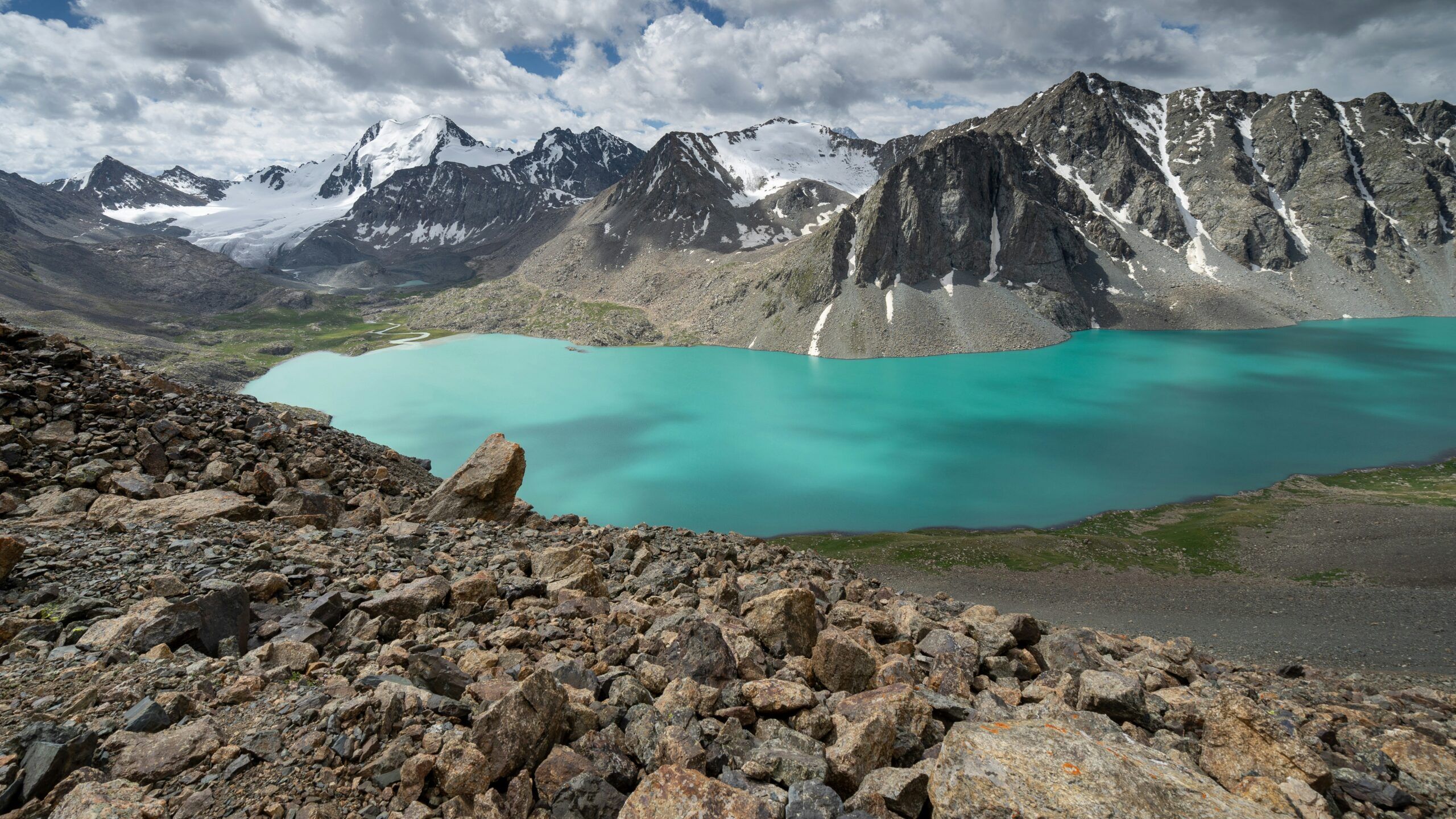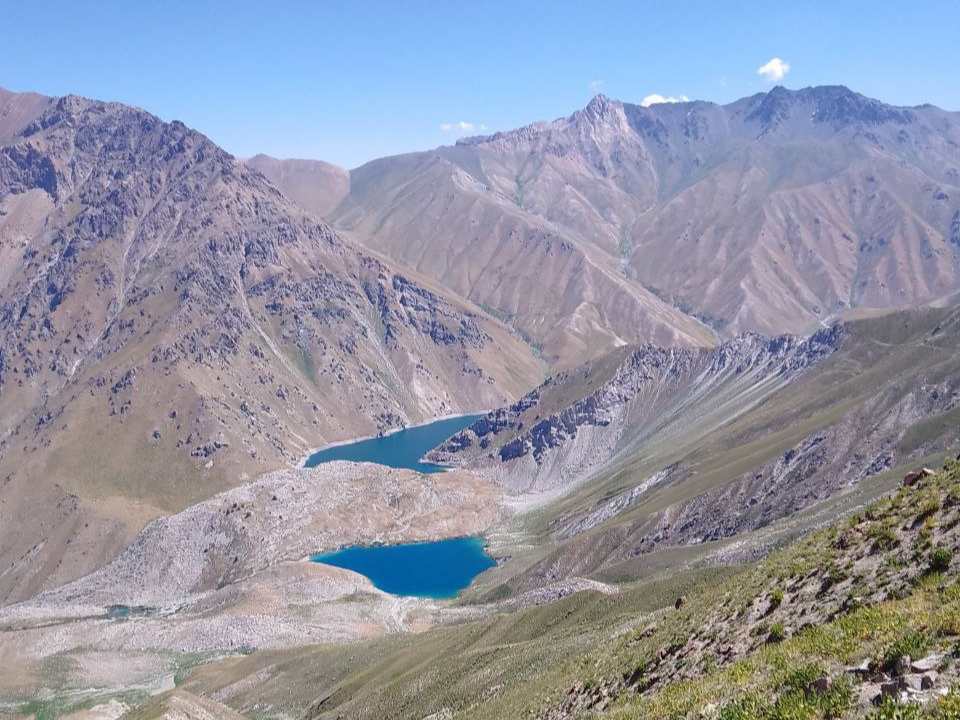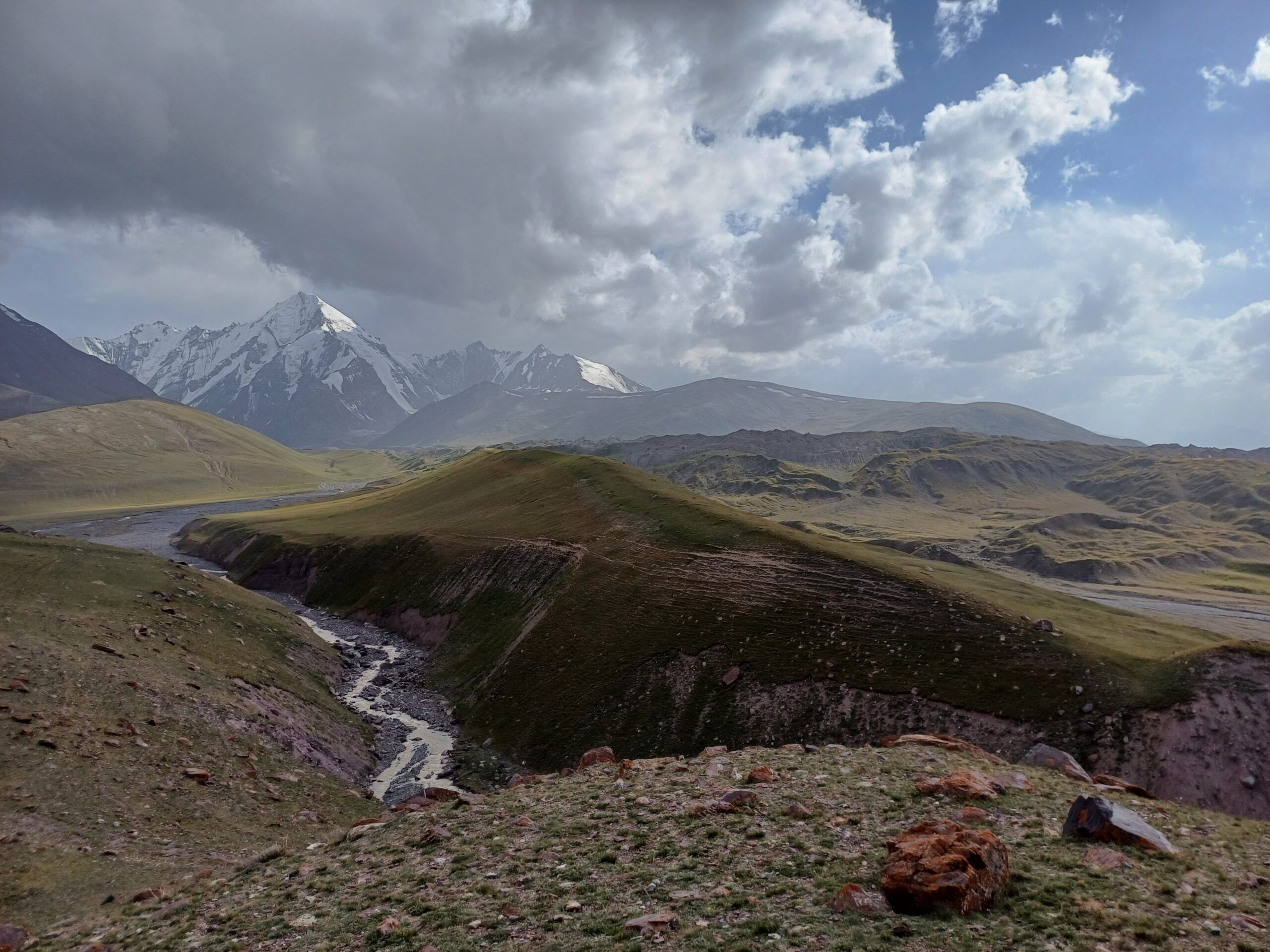
GLOFCA
A regional knowledge platform of the GLOFCA project, dedicated to disaster risk reduction and early warning systems. From science to action for communities of the region.
What Are We Doing About GLOFs?
In Central Asia, climate change is accelerating glacier melt, leading to the formation of unstable lakes in high mountain valleys. When these lakes burst, floods can travel far downstream, threatening lives, infrastructure, and economies. Limited monitoring and the abundance of high-risk areas make GLOFs one of the region’s most serious climate-related hazards.
Launched in 2021, the GLOFCA project works to reduce GLOF risks through early warning systems, stronger community preparedness, and regional cooperation. The project is implemented by the UNESCO Regional Office in Almaty and funded by the Adaptation Fund, covering Kazakhstan, the Kyrgyz Republic, Tajikistan, and Uzbekistan.
The project focuses on seven priority valleys: Esik and Talgar (KZ), Ala-Archa and Ton-Tosor (KG), Baralmos Glacier area (TJ), and Pskem and Tepar (UZ).
One early warning (or monitoring) system is being installed in each country to improve disaster preparedness and reduce GLOF risk.
The project aims to safeguard vulnerable mountain communities in the pilot areas through locally tailored risk reduction and adaptation measures.
News
Follow the latest updates from the GLOFCA project: from field missions and early warning system installations to national consultations and regional cooperation efforts.

New information boards in Ala-Archa National Park: a step towards visitor safety

Major collapse of the Dehdal Glacier

GLOFCA project and partners planted 800 trees in the Pskem Valley to protect against landslides and held a children’s drawing contest
Pilot Projects
In the region’s most vulnerable glacier valleys, GLOFCA works with local communities to assess risks, install early warning systems, and strengthen preparedness. Explore our pilot sites across Central Asia.

Kazakhstan

Kyrgyz Republic

Uzbekistan

Tajikistan

Kazakhstan

Kyrgyz Republic

Uzbekistan

Tajikistan
Resources & Publications
Access our comprehensive collection of scientific research, policy frameworks, and practical guidelines developed to strengthen regional capacity for GLOF management and community preparedness throughout Central Asia.

Rapid Hazard Assessment Report: Dehdal glacier collapse

Monitoring earth’s glacial lakes from space with machine learning







